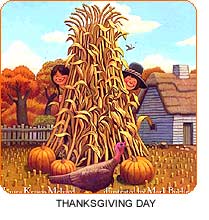Dr. Maulana Karenga
The histories and holidays of the oppressed, colonized and enslaved
are, of necessity, different from the history and holidays of the
oppressor, the colonizer and the enslaver. Likewise, their
interpretations of those histories and holidays also differ, for they
are lived and learned from different standpoints. Thus, the Palestinians
call the conquest and colonization of Palestine, the Nakba—the Great
Catastrophe, and the Israelis call it the war of independence. The
Native Americans call the conquest and colonization of their land and
the decimation of their people genocide and holocaust. The Europeans
call it “discovery,” “the move westward,” “reaching the promised land,”
and other self-sanitizing words and phrases.
During the Holocaust of enslavement, Frederick Douglass, asked to
speak on the meaning of the 4th of July, seen as Independence Day for
Whites, told his White audience, “This Fourth of July is yours not mine.
You may rejoice. I must mourn.” For it is for the enslaved African “a
day which reveals to him more than any other day of the year the gross
injustice and cruelty to which he is a constant victim.” Indeed, he goes
on to say that for the enslaved African, “Your celebration is a sham,”
and a repulsive mixture of vanity, heartlessness, mockery and hypocrisy.
And “your prayers and hymns, your sermons and thanksgivings with all
your religious parade and solemnity are, to him, mere bombast,





